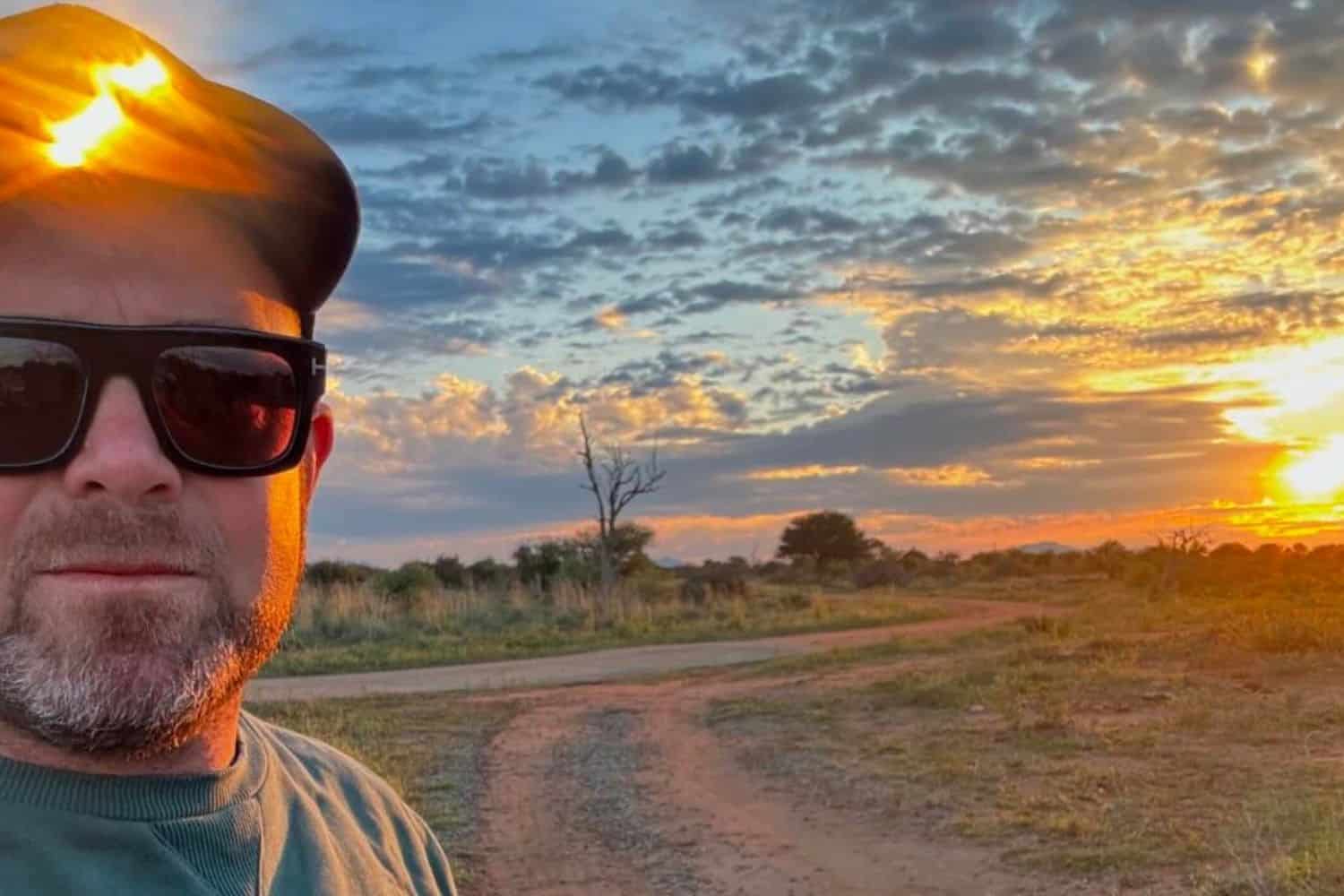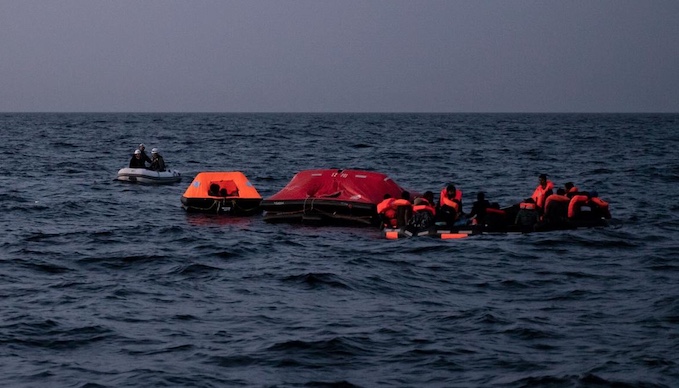
Life is not a roulette table. Yet making decisions is a calculated risk. Other times, U-turning from a career you thought you’d settle into and following your heart instead, a leap of faith.
Television producer Wim Steyn runs Idea Candy, a local production company that’s become synonymous with telling stories and making unforgettable documentaries. Think Helderberg, Devil’s Dorp and a slate of successes that’s built on a career path of hard work.
Starting off
Steyn’s got a standing desk in his office, and there’s not a moment in a day that the showrunner is not busy with someone or other. The coffee’s really good at Idea Candy’s Cresta offices, and that’s important for a team that often burns the midnight oil to realise ideas and ideals.
But initially, he was not going to do television at all. Instead, Steyn initially enrolled in varsity for optics of a different kind. He studied optometry. Yet he said it was not long before he found his calling.
“At the end of my second year, I switched and studied audiovisual production and advertising,” he said. “Like everyone, I thought I’d be a hotshot the moment I finished my studies,” he said. It didn’t work out that way.
ALSO READ: Why Carlos Amato says SA is too wild not to draw
Job hunting
After handing out 60 CVs without a single response, Steyn got a call from a production manager who had scribbled his number on a cigarette box and then misplaced it for some time. “He said he needed someone for the next day. That’s how I started as a runner on Idols season one,” he said.
That’s basically the gopher job on set, the bottom rung of the production ladder. But he never let an opportunity slip.
“One of the directors on Idols once asked who could read timecode, and I put up my hand. I became the director’s assistant on Idols, and that’s where I really learnt what goes into production.” Steyn later freelanced on some of South Africa’s biggest television shows.
“At that stage, reality was massive,” he said. “I worked on Idols, Big Brother and other international formats when they had just come to South Africa.”
M-Net
He then met director Gavin Wratten, who would later change his career. “Five years later, Gavin offered me a job at M-Net as part of the in-house production team,” he said. For the next seven-and-a-half years, he worked on youth shows, music programming and reality TV. Then, as luck would have it, he got the call that changed everything, again.
“The head of kykNET phoned me and said, ‘That breakfast show you pitched two years ago, it needs to be on air within three months,’” Steyn said.
“At that stage, I didn’t have a company, I didn’t have an office, I didn’t even have staff. So, I started Idea Candy.” His new company had its first show on air. More work followed, including late-night programming, current affairs, and a steady stream of short films for kykNET’s Silwerskerm platform.
“We have developed over 200 short-form concepts for young writers and directors,” Steyn said. “It is a space where we get to give new storytellers a proper run, from concept to screen.”
ALSO READ: Beauty is a trap: Angie Lázaro exposes the lie behind the perfect image
Covid-19
When he started Idea Candy, Steyn said that documentaries were not a popular or profitable genre in South Africa. “It was always indie, never mainstream, and there was very little money for it.
“Covid changed all of that. People suddenly wanted something real, not reality TV but real life. They wanted stories that reflected what they were going through.”
Doccies
Devil’s Dorp and Rosemary’s Hitlist were some of the company’s first endeavours into the space and both shows were major hits on Showmax.
“Those films really helped us find our voice,” he said. It takes a lot of pitches to streamers and broadcasters to get the nod. Idea Candy, he said, pitches between 60 and 80 documentary ideas every year.
“It’s not just about finding a good story,” Steyn said. “It’s about access, timing and fit. Does it match a broadcaster’s strategy? Is there funding available? Those are the real questions.” He said big budgets are also no longer the future of entertainment.
“Even Hollywood is struggling with that,” he said. “The key is a solid, middle-of-the-road budget with great storytelling. That’s what lasts.” Just like video did not kill the radio star, Steyn said that he doubted that streaming would kill the linear or broadcast sector, and then that platforms like YouTube would dance on both their graves.
Streaming services
He said the conversation is misplaced. “Streaming isn’t dying, and linear TV isn’t dead either. Everything is balancing out again,” he said.
“South Africa still relies heavily on traditional TV, but streaming has given people choice. And then there’s YouTube, where independent producers can finally monetise their own work. There’s space for everyone.” Off-screen, family grounds Steyn’s life.
Family life
“I have twin boys who are six years old,” he said. “My husband and I had them via surrogacy in 2018. They arrived early, and from that moment on, I realised that as much as you plan, life will teach you patience.”
The family spends as much time as possible together.
“We travel, we go to the bush, and at least a few times a year we try to escape into nature.” Photography is his way to recharge. “Every 18 months, I take a solo trip somewhere in Africa,” he said.
Also Read: Bico’s art doesn’t play it safe



